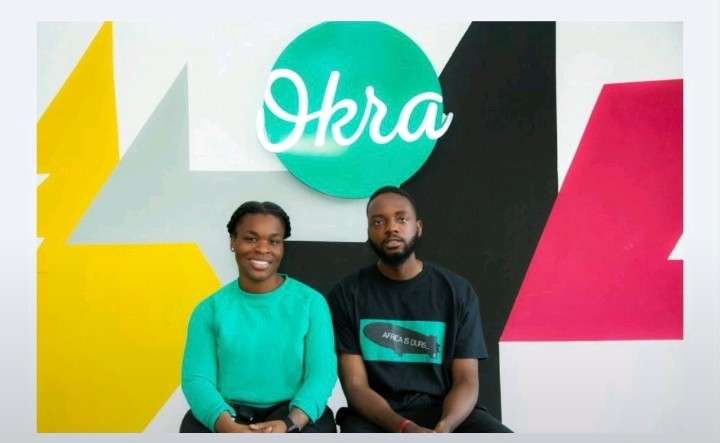Nigerian fintech startup Okra, a former darling of Africa’s open banking scene, has ceased operations, sending ripples through the continent’s tech community.
The shutdown has triggered a mix of speculation, criticism, and introspection, with many questioning the sustainability of innovative business models in Africa’s rapidly evolving fintech landscape.
As reported earlier by Techparley, the sudden collapse has also raised concerns about job security and the future of talent in the sector.
However, amidst the noise, a more measured perspective is emerging, prompting a closer examination of the challenges and opportunities in Africa’s fintech industry.
“Let’s lead with empathy, not judgment,” wrote Uwem Uwemakpan, a venture capitalist and Head of Investment at Launch Africa Venture.
In a LinkedIn post, the advisor emphasized the brutal realities of building financial infrastructure across Africa’s fragmented and heavily regulated landscape.
Building open banking in Africa is brutally hard. Regulatory complexity across 54 countries, annual compliance costs, and 6–18 month licensing timelines would challenge any team,” the post reads. “They attempted to become a leader in African open banking. This deserves recognition.
Founded to simplify access to financial data through APIs, Okra was once at the forefront of a new wave of fintech innovation in Africa. But the silence around its recent disappearance has raised pressing questions, not just about what went wrong, but what can be learned.
Uwem, with over a decade of experience turning startups into market leaders, urges critics to celebrate the courage of Okra’s team and their integrity instead of highlighting their failure with derision.
These comments come at a time when conversations about accountability, transparency, and founder behavior are intensifying across the continent.
The pressure is real—employee families, investor expectations, community pride. But sometimes the most courageous decision is knowing when to stop.
David Adeleke, in a comment, supports Uwem’s call and wrote,
As an ecosystem and a culture, we need to get better at responding to failure stories. Sometimes, the most important thing is that someone tried. Whether they succeeded or failed is beside the point. But they tried. Especially in this market, where all the forces on the earth and below seem like they are actively fighting to crush you. We have to do better.
While questions remain about Okra’s operations and internal decisions, the broader message is clear: the African startup scene must foster a culture that supports not only wins but also graceful exits. The investor closed the note with a reminder…
“To the Okra team: Your attempt matters. The lessons learned will benefit the next generation. To the ecosystem: Building in Africa requires supporting each other through wins AND pivots.”
As the dust settles, the Okra story may yet become less about failure, and more about the importance of integrity, timing, and knowing when to walk away.
Beyond sympathy, Uwem and others offer practical advice for African founders navigating uncertainty. Here are four key lessons from the investors:
Don’t Wait Too Long to Pivot
If your startup’s core metrics haven’t improved after 18–24 months, it may be time to rethink your approach. Pivoting early could save time, resources, and relationships.
Returning Capital Is Not Failure, It’s Integrity
In an ecosystem where fundraising is tough and trust is fragile, returning unused investor funds when the path is uncertain is a mark of responsibility, not defeat.
Fundraising Is Just One Piece, Execution Is Brutal
Raising millions may grab headlines, but operating across 54 African markets with complex and shifting regulations demands a long-term strategy and financial stamina.
Normalize Exits and Support Ecosystem Honesty
Africa’s tech scene must learn to celebrate both wins and strategic shutdowns. Honest conversations about what didn’t work are essential for long-term ecosystem maturity.





